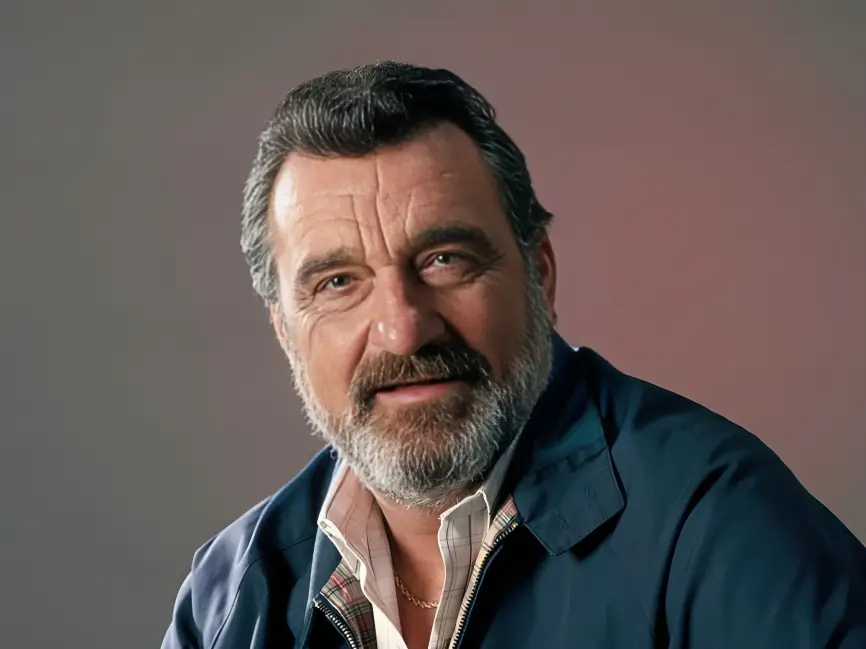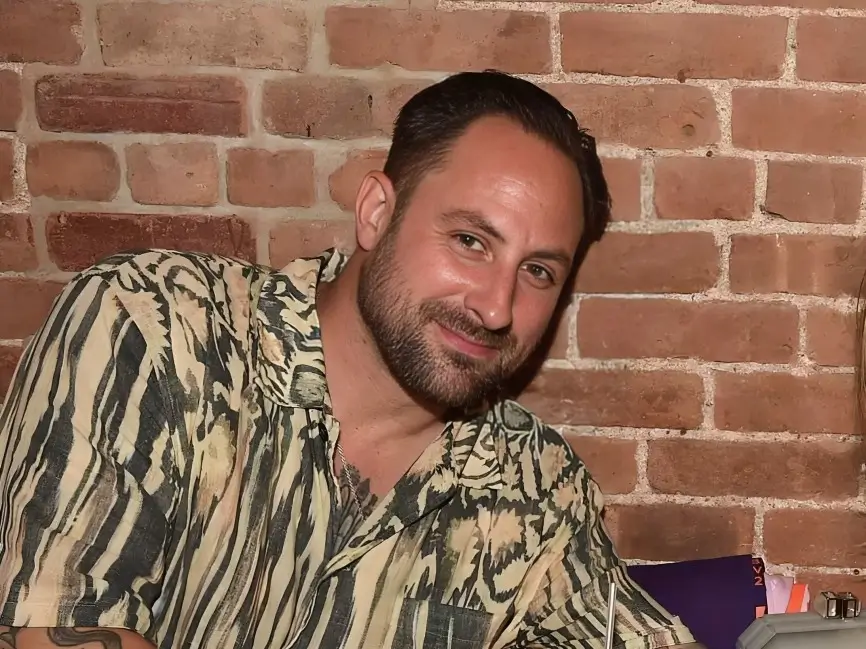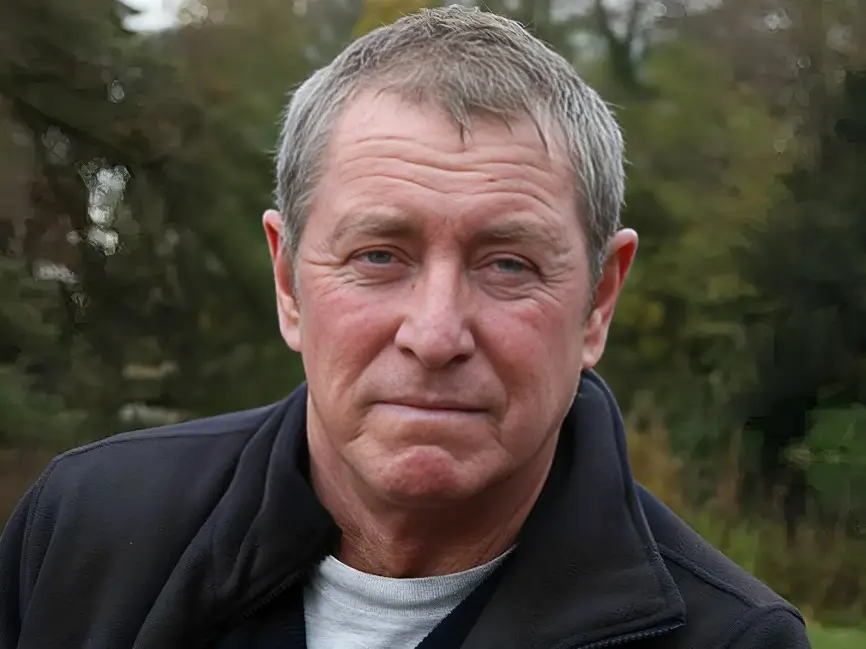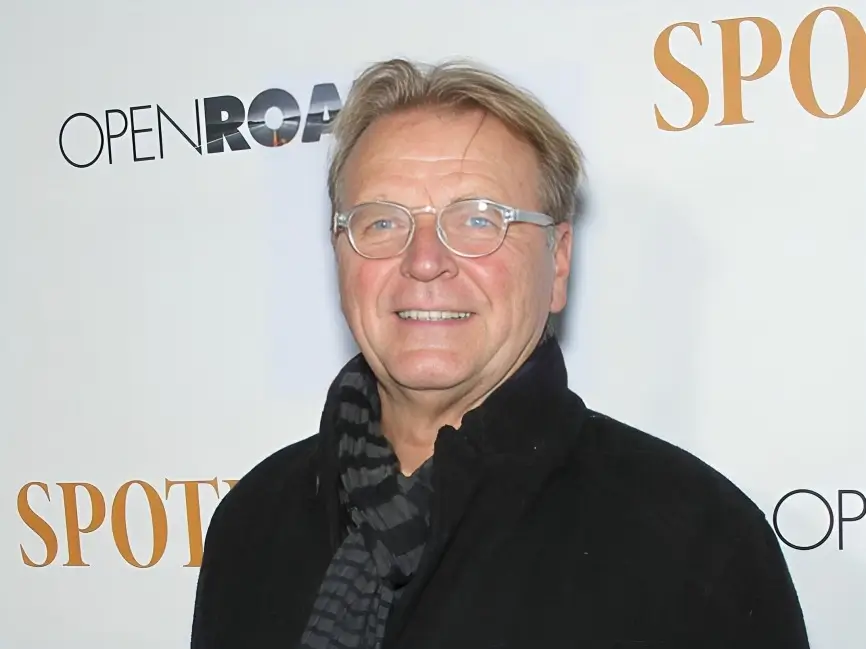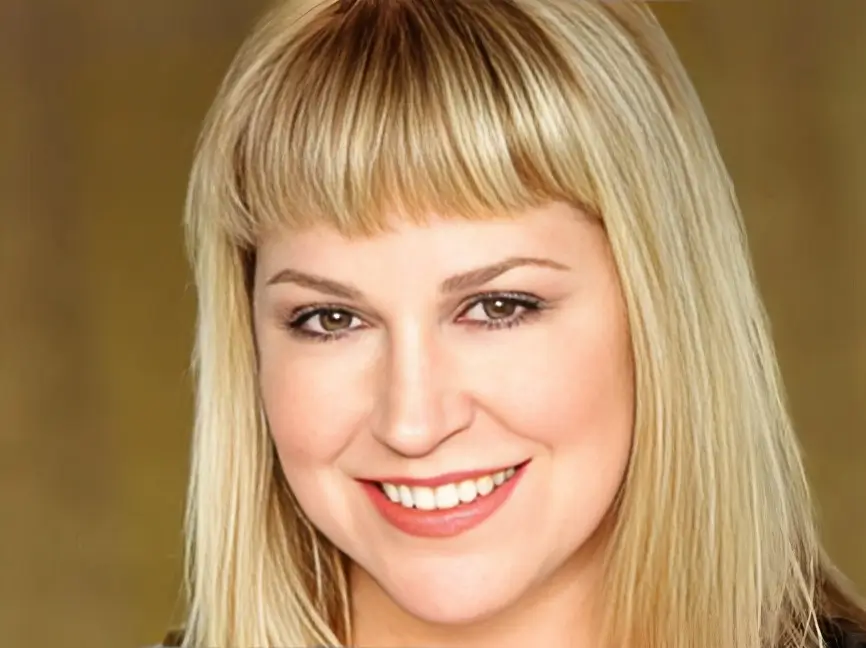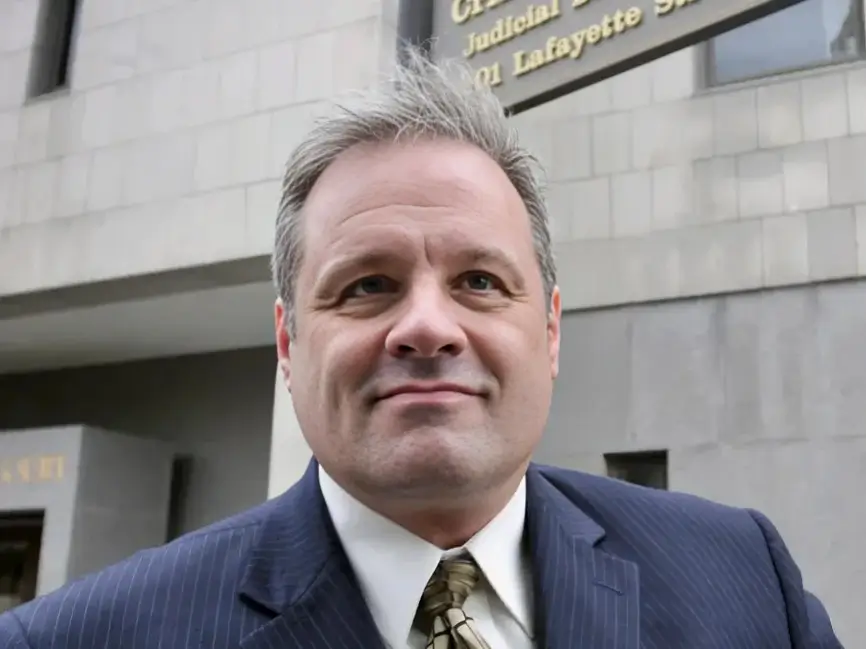Victor French: Biography, Wife, Children, Cause of Death, Net Worth, Movies & TV Shows
Published: March 18, 2024
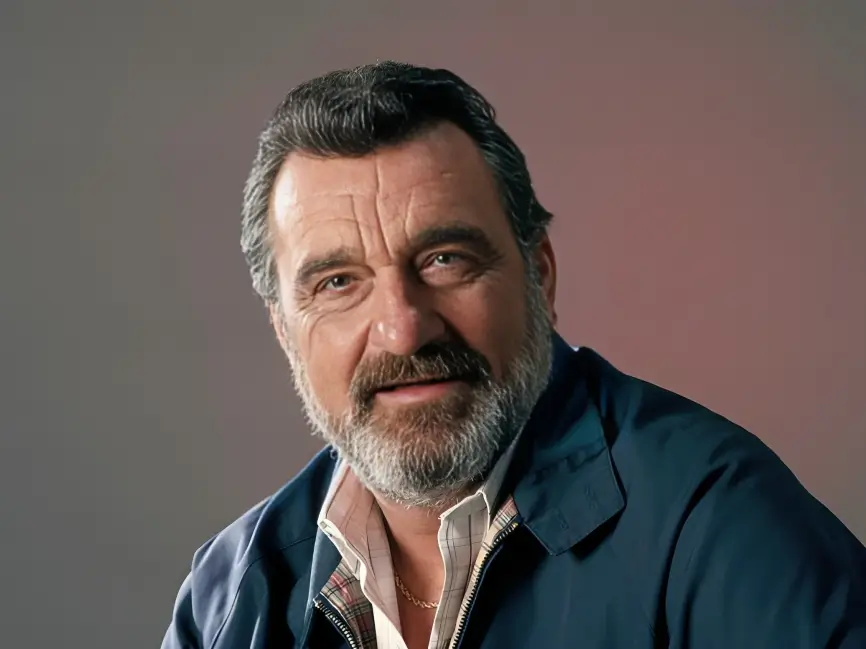
| Born | December 4, 1934 in Santa Barbara, California |
| Died | June 15, 1989 |
| Age | 54 Years |
| Birth Name | Victor Edwin French |
| Height | 6' 1" |
| Wifes | Julie Cobb (1976–1978), Judith Schenz (1959–1975) |
| Children | Victor Edwin Jr. and twin daughters Kelly and Tracy French |
| Cause of Death | Lung Cancer |
Early Life and Influences
Family Background
Hollywood welcomed Victor Edwin French, born in Santa Barbara, California, on December 4, 1934. Verne "Ted" French, his father, was a famous western stuntman. Ted performed stunts for John Wayne in "Rio Grande" (1950) and "The Searchers" (1956). Victor experienced his stuntman father's passion and daring as a child. This exposure to the film industry may have piqued Victor's interest in acting and entertainment and influenced his career.
There are little facts about Victor's Santa Barbara youth. However, his father's career likely fostered perseverance and physical fearlessness in him, which would later serve him well on film. There may be anecdotes regarding Victor's encounters with his father's work or his youth that suggest an interest in acting.
Education
Victor French studied theatre, but his schools are unknown. This theatrical background taught him acting and stage presence. Victor undoubtedly played in school plays while young. These early stage experiences fostered his enthusiasm for acting and helped him establish his comedic timing and dramatic delivery, which he would use throughout his television and film career.
Unfortunately, Victor's theatre arts education is unknown. Further study may reveal his schools and school plays.
Building a Career in Hollywood
Early Roles (1950s)
Following his father's lead, Victor French entered Hollywood through stunts. Victor's athleticism and father's experience led him to perform stunts in 1950s productions. His stunts for John Wayne are known, but show and movie information are scant. Imagine a young Victor falling or leaping to enhance the on-screen action.
While stunts drove his love for movies, Victor's goal went beyond physical feats. He wanted to act, therefore he did uncredited films. The 1960 western "The Magnificent Seven" features him. Though brief and anonymous, his role was a big step toward becoming a famous actor.
Victor's acting career began during this time. His initial credits were presumably tiny film or TV roles. These early credits would reveal his early personas and the studios that gave him a chance. These early performances show how his acting talents developed and how he broke into the field.
Westerns and Guest Appearances (1960s)
The 1960s shaped Victor French's career. Westerns ruled television during this time, and Victor, with his rugged good looks and imposing physique, was in demand. The long-running western "Gunsmoke" (1955-1975) featured him. Gunsmoke gave him the chance to play villains and sheriffs. Victor showed his versatility by playing both threatening outlaws and powerful leaders.
After "Gunsmoke," Victor appeared in western films and TV shows. He presumably landed jobs in "There Was a Crooked Man" (1970) and "Rio Lobo" (1970), cementing his genre association. He appeared in popular weekly anthology series. Victor showed his ability in historical and mythical settings on "The Wild Wild West" (1965-1969). By regularly performing in anthology shows, he expanded his following and improved his adaptability to varied personalities and storylines.
Through several westerns and anthology guest appearances, Victor French established himself as a great character actor. He established himself in Hollywood in the 1960s through gradual progress and experimentation.
Establishing a Screen Presence (1970s)
Breakout Role: Isaiah Edwards in Little House on the Prairie (1974-1977)
Victor French's portrayal as Isaiah Edwards in "Little House on the Prairie" (1974-1983) changed his career. Victor showed his acting range in this renowned 1800s American frontier family drama. He played kind and reliable neighbor Isaiah Edwards instead of gunslingers and outlaws. As a neighbor, Isaiah gave the Ingalls family advice and encouragement. He was a counterpoint to Charles Ingalls (Michael Landon), hiding his kindness behind a tough appearance. Their different personalities made the show's stories fun and interesting.
"Little House on the Prairie" introduced Victor French to millions. His portrayal of Isaiah appealed to all ages, cementing his genial, sympathetic image. The show's success strengthened his career and established his place in television history. He worked with Michael Landon on "Little House," which led to subsequent collaborations.
Directing and Theatre Work
Despite "Little House" cementing his television identity, Victor French never abandoned theater. He directed several plays in Los Angeles in the 1970s. Researching these productions would reveal his artistic perspective and directing approach. Was there a genre or playwright he liked? Understanding his directorial decisions helps illuminate his performance and storytelling.
The "Company of Angels" theatre troupe was important to him. Victor was able to express his artistic side outside of mainstream television with this innovative Los Angeles organization. Further inquiry into the company's plays and Victor's role would reveal his passion for theatre and creative experimentation.
Victor loved acting beyond the stage and movie. He began teaching acting in the 1970s. Unfortunately, nothing is known about his teaching style and impact on students. Given his wide career and expertise, he may have promoted a balanced approach that stressed technical capabilities and emotional depth.
Diversifying Roles (1970s)
Victor French tried to break free from western actor typecasting but "Little House" solidified his kind and dependable image. The 1970s saw a purposeful effort to explore more roles. He avoided playing only villains. His sympathetic drill instructor role in "An Officer and a Gentleman" (1982) shows this transition. Victor showed his versatility and ability to fascinate audiences in roles other than the gruff gunslinger by embracing comedy aspects and a softer side.
Leading Man and Continued Success (1970s-1980s)
Carter Country (1977-1979)
After the success of "Little House on the Prairie," Victor French received his first starring role in "Carter Country" (1977-1979). Victor played Sheriff Lester Tulane in the southern town-set show. Sheriff Tulane, a kind but inexperienced lawman, struggled to keep peace in an African American town. Sergeant Curtis Baker (Kene Holliday), a young, educated black guy from the north, offered new perspectives and reason.
"Carter Country" humorously addressed racial and cultural divides. Despite its stereotype-based humor, the show provided a large platform for race relations talks. Despite mixed reviews, "Carter Country" confirmed Victor French's TV stardom.
Victor reunited with "Little House" co-star Michael Landon in the series. Landon, an executive producer on "Carter Country," kept their on-screen chemistry interesting. Landon didn't appear often, but he undoubtedly helped create scenes that emphasized Victor's comedic timing and their previous relationship. Their off-screen connection undoubtedly made them more comfortable on film, captivating the audience.
Highway to Heaven (1984-1989)
Victor French and Michael Landon collaborated again in the 1980s with "Highway to Heaven" (1984-1989), a touching fantasy drama. Victor played angel Mark Gordon, sent to Earth to aid the needy, in this inspirational series. Mark, disguised as a lovely handyman, helped struggling people and families with his insight and loving assistance.
Viewers seeking comfort and hope liked Victor's Mark Gordon. His calming aura and genuine compassion embodied the show's faith and human connection message. "Highway to Heaven" captivated millions and changed television history.
Personal Life
Marriages and Family
Family dominated Victor French's life. He married Judith Schenz in 1959 and were together for 16 years till 1975. The couple produced son Victor Edwin Jr. and twin daughters Kelly and Tracy French.
Few details concerning Victor's marriage and fatherhood are public. However, a decade-long marriage implies love and commitment. If his children or ex-wife have interviews, they could reveal his family life and paternity.
In 1976, Victor married Julie Cobb, daughter of Lee J. Cobb, after divorcing Judith. Their 1978 divorce ended their two-year marriage. The details of this relationship are scarce.
Off-Screen Life (hobbies, interests)
Unfortunately, Victor French's non-acting hobbies and interests are unknown. Public personalities typically create a media presence, and Victor may have preferred privacy.
Considering his background, several alternatives exist. Victor's father's job and exploits may have sparked his lifelong passion in sports. Interviews with co-stars or friends may reveal his recreational activities.
A non-professional theatre relationship is another possibility. Maybe he liked watching plays or talking about acting with other theater fans.
Victor French's off-screen life would provide depth to his persona. Further research about his hobbies and interests may be forthcoming.
Legacy and Impact
Contributions to Television
Victor French's TV contributions are undisputed. His legacy shaped family-friendly entertainment. The popularity of "Little House on the Prairie" and "Highway to Heaven" was due to his friendly presence and ability to connect with all ages. These programs' hopeful, community-building, and resilient messages touched viewers.
Victor French was a versatile actor despite his kind nature. He acted smoothly in serious and humorous roles. He was a reliable western character actor, frequently playing villains or sheriffs, early on. But he bucked typecasting by embracing comedy later in his career. His comedy timing and lightheartedness as Sheriff Lester Tulane in "Carter Country" are impressive.
Television benefited from Victor French's work with Michael Landon. After "Little House on the Prairie," their chemistry captivated audiences in "Carter Country" and "Highway to Heaven." They produced popular series and demonstrated the value of creative cooperation in television.
Recognition and Awards
Victor French never won an Oscar or Emmy, yet the industry appreciated his television work. He garnered several nominations, including a Golden Globe for Best Supporting Actor in a Series, Miniseries, or Television Film for "Highway to Heaven" (1987). His greatest accomplishment is his television legacy.
Death and Tributes (1989)
Victor French's career ended tragically. Lung cancer killed him at 54 on June 15, 1989. His demise shocked the entertainment business and left many admirers mourning.
He received praise from colleagues and acquaintances for his talent, friendliness, and dedication to his art. Michael Landon lost his dear buddy and collaborator and voiced his grief. Victor French's legacy lives on via his characters and the love and affection he received from his contemporaries and generations of fans.
Victor French's Net Worth
Victor French's net worth is unknown. Pre-internet celebrity net worth data is limited. However, we can examine clues. Given his career and leading parts in successful shows like "Little House on the Prairie" and "Highway to Heaven," he presumably earned a decent salary with bonuses or profit-sharing based on ratings.
He likely built fortune over three decades of hard effort. His financial condition isn't clear from discussions with colleagues or public tax records. While a number is unknown, the evidence implies Victor French was financially secure during his lifetime.
Conclusion
Victor French went from a Hollywood stuntman's son to a renowned TV star through hard work, talent, and charm. He went from tough cowboys to kind neighbors and heavenly guides, carving out a unique career. His effortless transition between tragic and humorous roles showed his acting range.
In addition to film, Victor French mentored budding actors in theatre. While his personal life is unknown, he had a significant impact on his family and coworkers. His collaborations, especially with Michael Landon, produced famous TV shows that inspire and entertain generations.
Despite his terrible death, Victor French left an unforgettable influence on television. His warmth, humor, and compassion in every role make him a beloved figure. His narrative shows the value of perseverance, artistic inquiry, and passionate storytelling.
